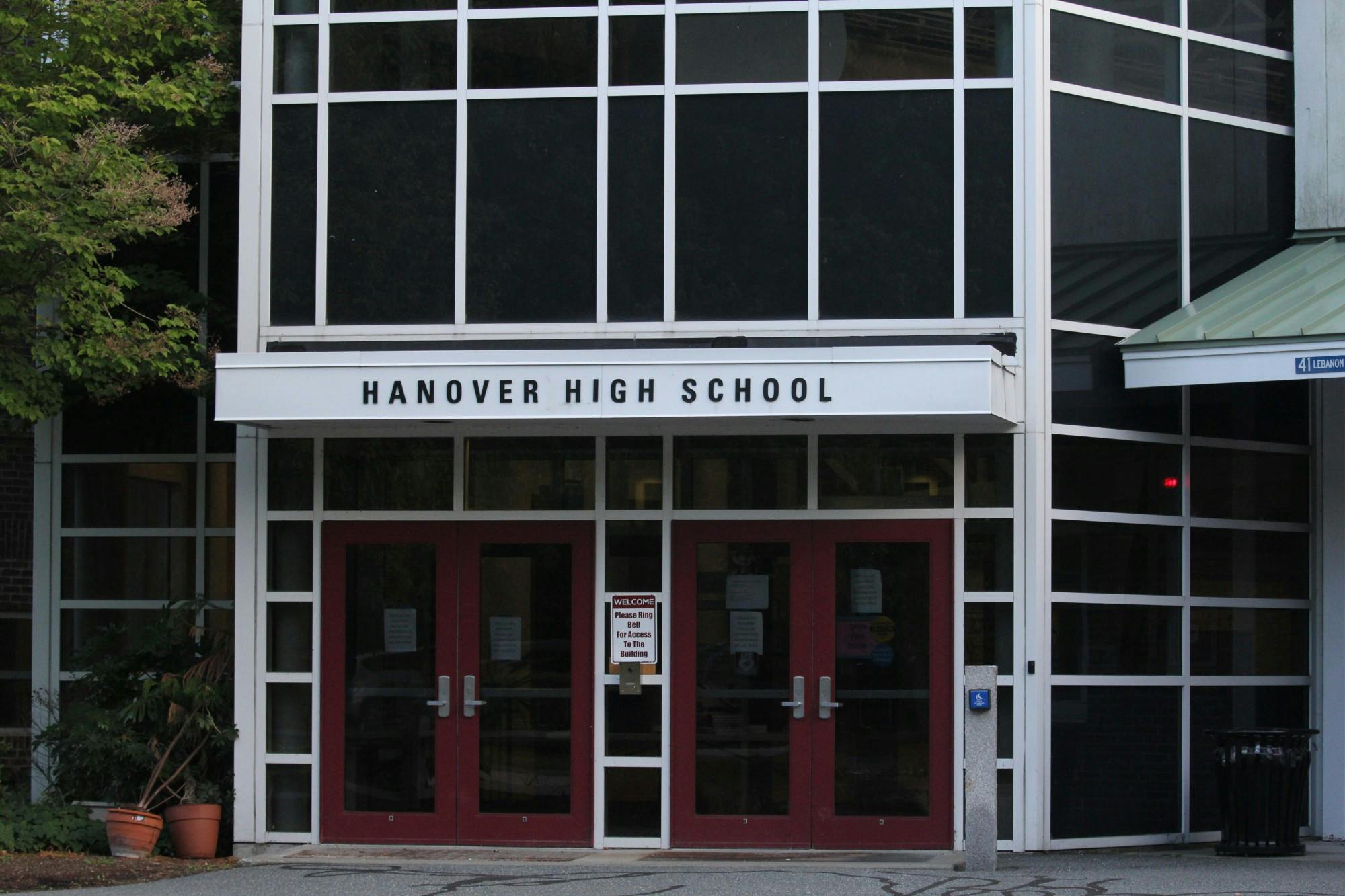Last month, the Hanover and Dresden school boards unanimously voted to join a lawsuit against the Department of Education over a Feb. 14 letter that threatened to revoke funding for public schools engaged in “illegal” diversity, equity and inclusion practices. On April 24, a federal district court judge issued a preliminary injunction, halting the enforcement of the letter ahead of a currently unscheduled district hearing.
School Administrative Unit 70 — the combined school district for Hanover and other towns in the Dresden Upper Valley region — superintendent Jay Badams said in an interview with The Dartmouth that the district is “seeking clarity” on what constitutes “illegal DEI” through the lawsuit.
“Diversity exists whether we do anything with [diversity in mind] or not, but we’ve decided to uphold it as a value of the district,” he added.
The lawsuit, filed by the New Hampshire chapter of the National Education Association, alleges that the letter is unconstitutional under due process and free speech protections. Six school districts in New Hampshire joined as plaintiffs, who are represented by the New Hampshire chapter of the American Civil Liberties Union.
The Hanover and Dresden school districts receive over $350,000 a year in combined federal grants, most of which go to special education and summer programs for low-income students, according to Badams.
“[Loss of funding] would make it very difficult to offer those programs and would probably engender another lawsuit,” Badams said. “That’s the whole purpose of us calling for clarity through this lawsuit so we can proceed without fear that we’re going to have our funds cut off simply because we’re providing programming that isn’t pleasing to the federal government.”
Government professor Sonu Bedi said it is “difficult to imagine” a hearing will result in a favorable ruling for the Department of Education because the letter is “clearly unconstitutional.” However, the department may appeal the decision or release a revised letter addressing the constitutional and statutory problems with the original.
“We have to let it play out,” Bedi said.
The DOE letter alleges that it is illegal for federally-funded schools to partake in “nebulous concepts of racial balancing and diversity” under Title VI of the Civil Rights Act of 1964 — which bans racial discrimination in schools — and the equal protection clause of the Fourteenth Amendment. The letter also uses the “framework for evaluating the use of race by state actors” established in the 2023 Supreme Court case “Students for Fair Admissions v. Harvard University,” which ruled that race-based admissions are unconstitutional.
“DEI programs, for example, frequently preference certain racial groups and teach students that certain racial groups bear unique moral burdens that others do not,” the letter reads.
The letter required school districts to file a “certification” that they comply with Title VI — and do not practice DEI — to their state department of education by April 24 or risk losing federal grants.
On April 17, Badams submitted a document to the New Hampshire Department of Education Bureau of Federal Compliance with Title VI Certification, stating that the two school districts believe that it is “both fair and prudent to await the Court’s decision on the request for a preliminary injunction” before they sign the certification.
“There are, we believe, credible threats to our continued funding, so before we sign off and say something we’re not sure about, we’re asking through this lawsuit for clarity,” Badams said.
Bedi explained that clear laws are essential to due process.
“You have to be provided due process if you’re being deprived of something on the basis of the law,” Bedi explained. “If you don’t have clarity on [what is illegal], and suddenly the funding is snatched, you have not been given the process that is due.”
Badams explained that many district practices could potentially fall under the definition of DEI, including “hiring the most qualified candidates while at the same time making sure our staff represents our community” and teaching curriculum that “honors and includes multiple perspectives.”
However, Badams said the district does not give a “preference to any racial group in hiring.”
“The practices that we use seeking to bring more diversity to the district are … efforts to ensure that our job postings are getting out for everyone to see so we’re attracting a potentially more diverse candidate pool,” Badams said.
Psychology professor Melissa Herman, who served on SAU 70’s DEI committee in 2021, said the district’s Equity Policy, which incorporates equity into district programs and policies, aims to “make everyone feel welcome.”
“The families and parents who are here as part of the Dartmouth community provide some more diversity than you would have in your average New Hampshire town,” Herman said. “Still, particularly the children of faculty of color often felt like it was hard to fit in.”
Iris WeaverBell ’28 is a senior news reporter, writing about free speech at the College. She is from Portland, Ore., and is majoring in economics and minoring in public policy.




